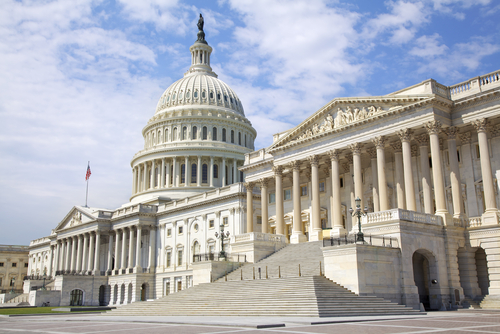Republican leaders in Congress are warning the Biden Administration not to use the negotiations at the Organization for Economic Co-operation and Development (OECD) to compel Congress to make U.S. tax law changes.

The U.S. Treasury Department recently acknowledged significant U.S. tax law changes would need to be made to the U.S. global minimum tax (GILTI) to comply with the OECD agreement negotiated by Treasury.
U.S. Senate Finance Committee Ranking Member Sen. Mike Crapo (R-ID) and U.S. House Ways and Means Committee Ranking Member Rep. Kevin Brady (R-TX) said the administration is using the OECD process to push for changes to GILTI. This action would essentially compel Congress to take specific legislative action, undermining its taxing authority, the GOP lawmakers said.
“Soon after negotiating an agreement at the OECD, Treasury Secretary Yellen acknowledged that Congress would be required to enact significant domestic tax law changes in order to comply with the agreement. Whereas prior administrations took the position that Treasury cannot bind Congress, this Administration has taken the approach of using the global stage to attempt to force Congress’s hand,” Crapo and Brady wrote to their Democratic counterparts, Senate Finance Committee Chair Ron Wyden (D-OR) and House Ways and Means Committee Chair Richard Neal (D-MA).
“This concerning development suggests the Administration has represented to our global partners that it can unilaterally compel changes in tax law, a significant infringement on Congressional authority” the letter said.
Crapo and Brady said the Administration should not negotiate for an agreement at the OECD that would target American companies or make them less competitive.